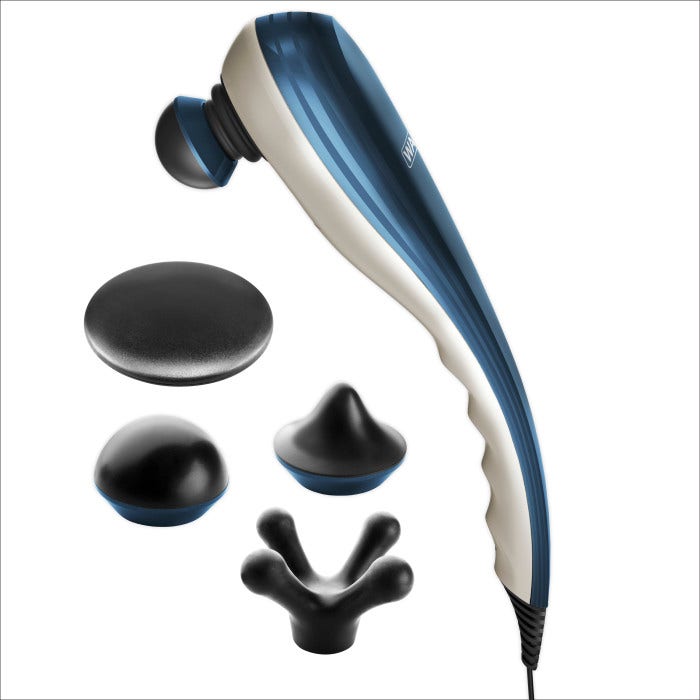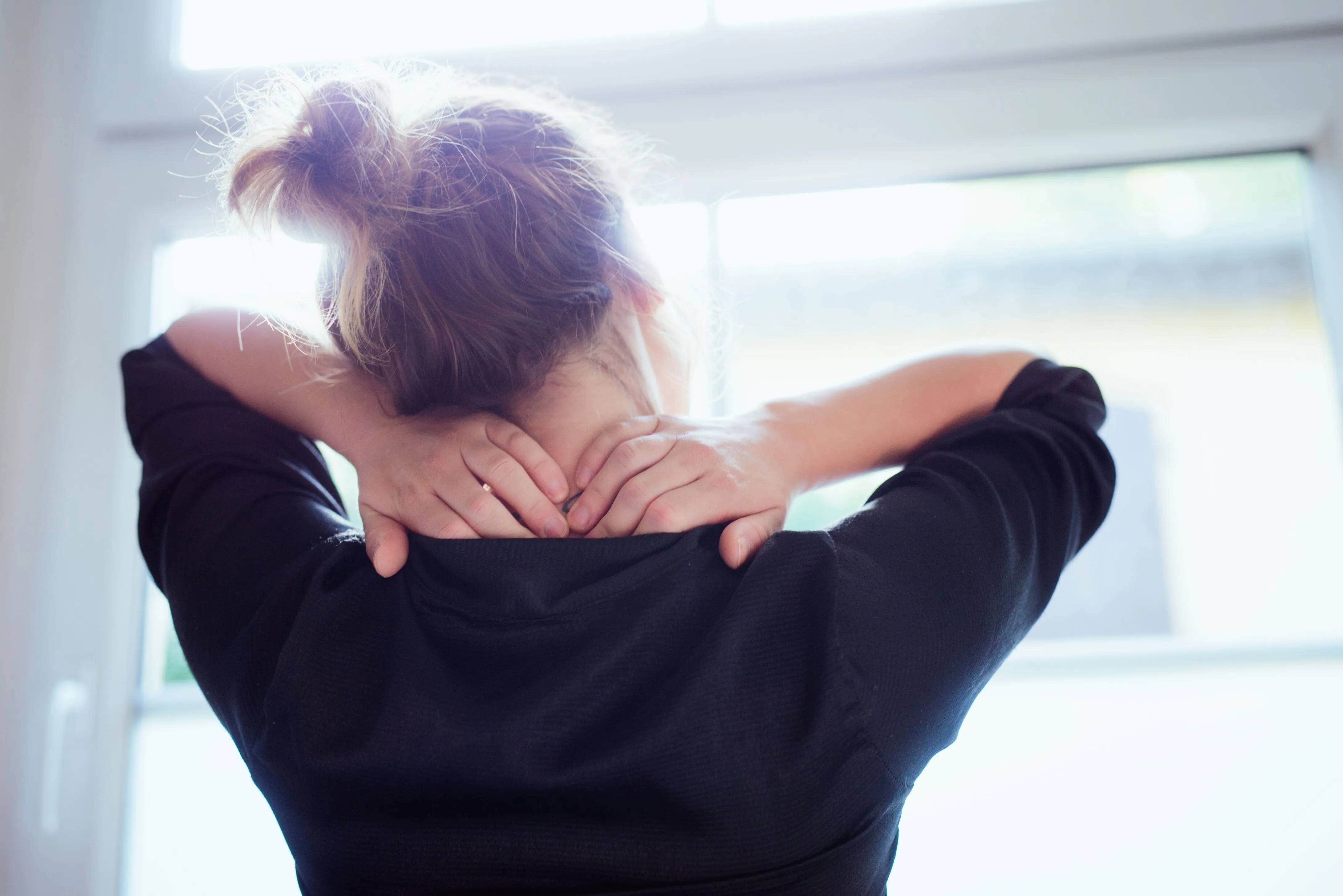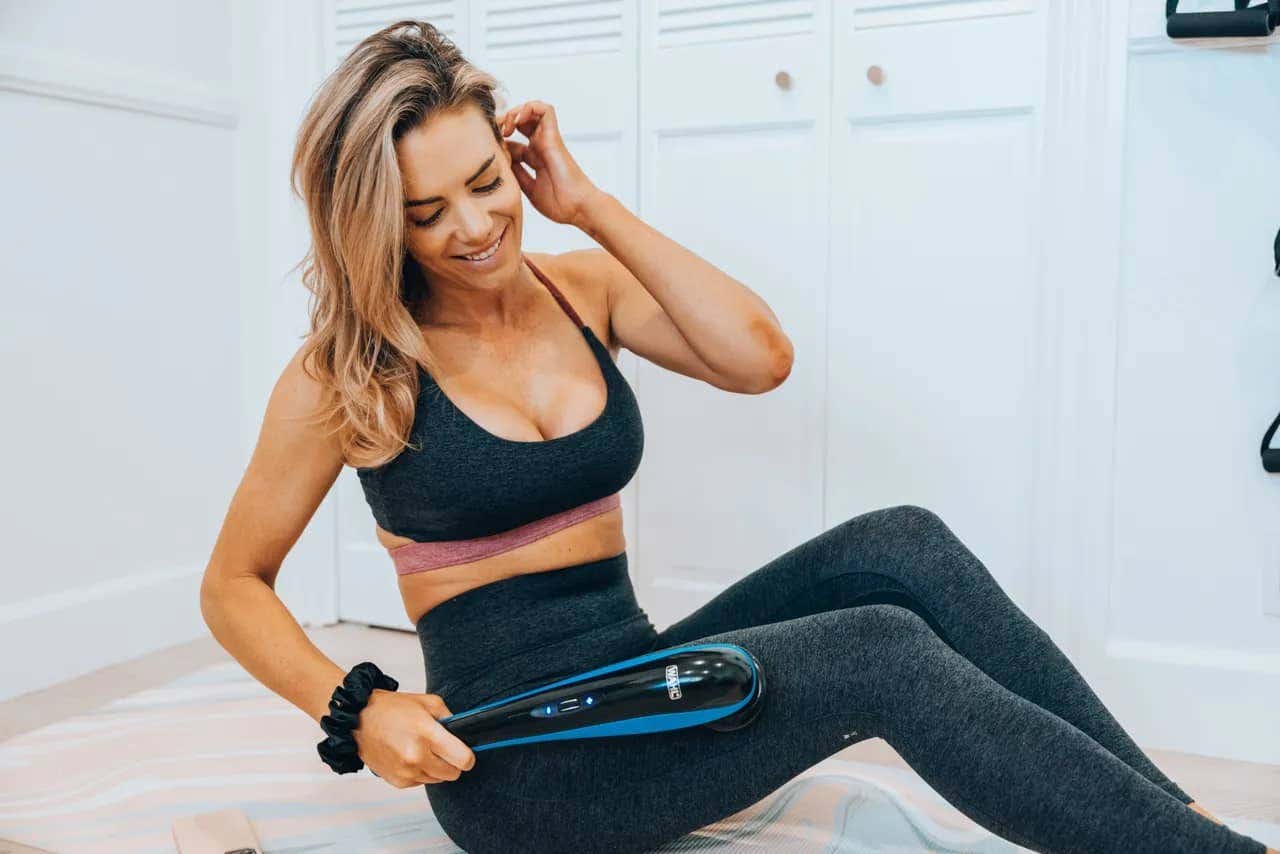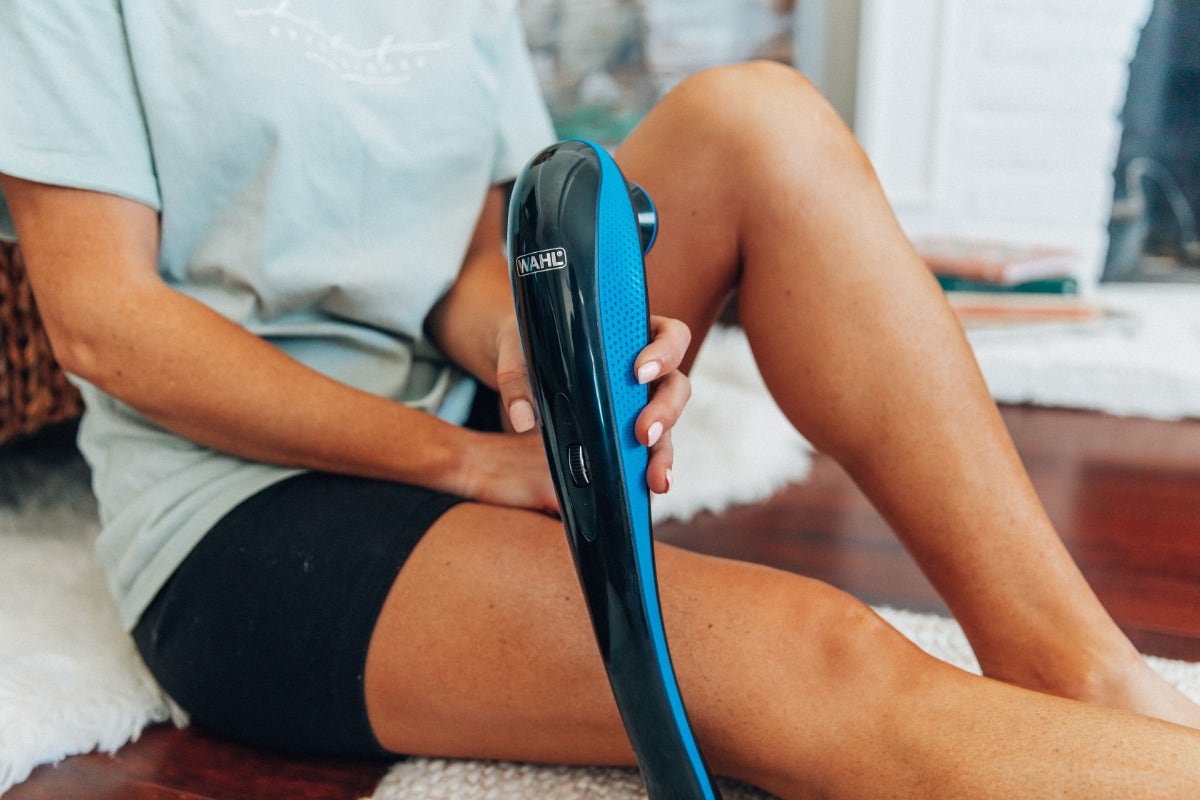There's no doubt the past year has been stressful. With lockdowns and the dangers of COVID-19 permeating the news, it’s no surprise the incidence of high blood pressure has risen. Moreover, the added economic pressures and virtual work-life balance challenges have also contributed to our declining heart health. Now more than ever, it’s crucial we find ways to manage our blood pressure. Luckily, with some relatively easy lifestyle changes, controlling blood pressure is in our control.
The importance of controlling blood pressure cannot be understated, as it has serious health implications. High blood pressure forces the heart to work harder so it can pump blood to the rest of the body, this causes part of the heart (the left ventricle) to thicken. A thickened left ventricle increases the risk of heart attack, heart failure and sudden cardiac death. In the United States, someone has a heart attack every 40 seconds, and high blood pressure has a lot to do with this. In fact, heart disease is the leading cause of death for most people in the United States, and about 647,000 Americans die from heart disease each year — that's one in every four deaths.
What’s more, about one in five heart attacks are silent, and many times the person isn’t even aware they had a heart attack until the damage is already done. That's especially true if you are 60 or older, smoke, are overweight, have diabetes, high cholesterol or high blood pressure. And living during a pandemic can add other risks like missed doctor appointments and isolation that increases stress.
Bottom line, the more risk factors you have, the more concerned you should be. But if you want to pump the brakes on heart disease, try the following tips to help lower your blood pressure:
- Visit Your Doctor: There’s a reason high blood pressure is called “The Silent Killer.” Oftentimes there are no obvious symptoms. You may not know there’s something wrong, but your doctor will. Getting in front of high blood pressure and treating it with medications and lifestyle changes is the best way to protect yourself. Early action and prevention are the best plan when it comes to heart disease.
- Lower Stress with Massage: It’s been a stressful year, but massage can be an effective way to relax. It helps improve blood flow, which in turn lowers blood pressure. Home-based massage with hand-held massagers are an excellent option for maintaining a massage regimen during the pandemic. This can be done in the comfort of your home to maintain social distancing. An option to use at home is the Wahl Deep Tissue Massager which uses high-penetration massage to counteract muscle tension below the surface and can treat large muscle groups or pin-point problem areas through a combination of interchangeable heads and variable intensity control.
- Follow a Heart-Healthy Diet: A healthy diet is your best strategy to fighting heart disease. And making a dietary plan that works with your lifestyle long term may be easier than you think. This includes incorporating many food groups with nutrients rich in minerals, protein and whole grains, while also keeping calories low. It’s also essential to limit saturated fat, trans fat, sodium, red meat, sweets and sugar-sweetened beverages. And if you choose to eat red meat, select the leanest cuts available. This approach will help you control your weight, cholesterol and blood pressure.
- Stay Active: Exercising is key to lowering blood pressure and increasing heart health. It can help maintain heart muscle strength and stave off cholesterol and heart disease. However, it's essential to check with your doctor to make sure you have a safe exercise plan in place. Include a variety of activities; for example, aerobic exercise improves circulation which results in lowered blood pressure and heart rate, and resistance training improves body composition and flexibility. Also, small changes like taking the stairs at work, or taking the dog for another lap around the block, can make a big difference.
- Limit Caffeine: Caffeine has many metabolic effects. It stimulates the central nervous system, releases free fatty acids, and affects the kidneys, which increases urination and dehydration. Caffeine is in coffee, tea, soft drinks, chocolate and some nuts. Several studies demonstrate a link between caffeine and heart disease. So while moderate coffee drinking (1–2 cups per day) is probably OK – caffeine moderation is essential.
Dr. Anita Gupta is a pain anesthesiologist and pharmacist. More:anitagupta.com.
The foregoing does not create a doctor-patient relationship and is not intended to replace any guidance from your own treating physicians.
Authored by Dr. Anita Gupta (anitagupta.com)
Original Publish Date (3/9/21)

 India (English)
India (English)
 Middle East and Africa (English)
Middle East and Africa (English)
 South Africa (English)
South Africa (English)
 Australia (English)
Australia (English)
 Japan (日本語)
Japan (日本語)
 South East Asia (English)
South East Asia (English)
 Singapore (English)
Singapore (English)
 Europe (English)
Europe (English)
 United Kingdom (English)
United Kingdom (English)
 Argentina (Español)
Argentina (Español)
 Brazil (Portuguese)
Brazil (Portuguese)
 Colombia (Español)
Colombia (Español)
 Latin America (Español)
Latin America (Español)
 México (Español)
México (Español)
 Chile (Español)
Chile (Español)
 Peru (Español)
Peru (Español)
 Canada (English)
Canada (English)


_0_0.jpg)



